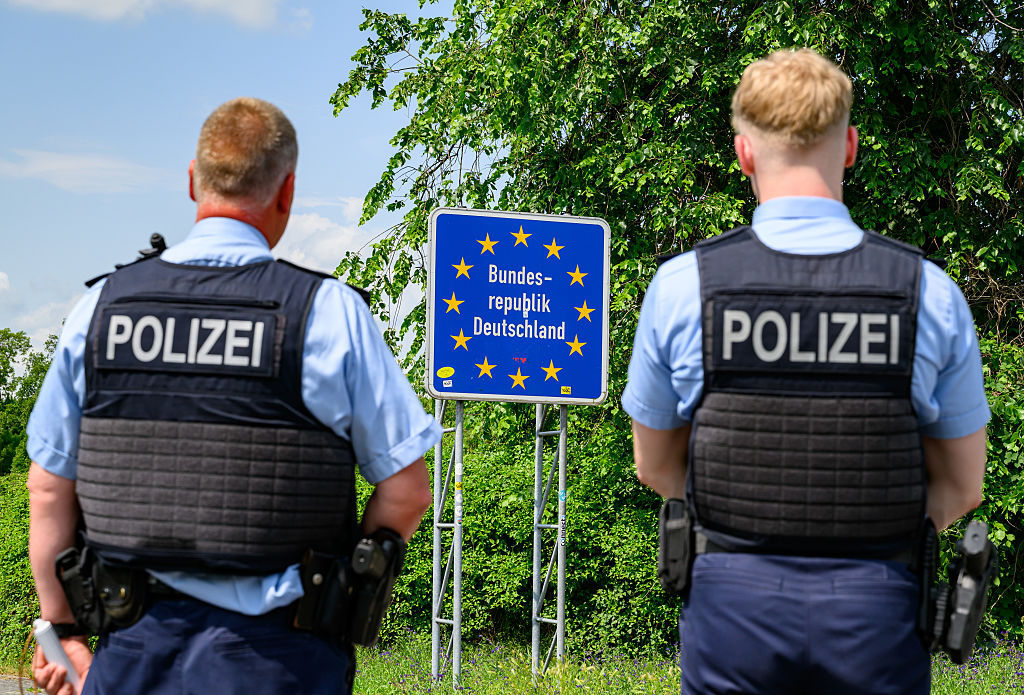WARSAW – Polish Interior Minister Marcin Kierwiński announced on Sunday that border controls with Germany and Lithuania will be extended by two months, amid concerns over irregular migration routes shifting through the Baltic region.
Poland first reintroduced border controls last month, responding to similar measures on the German side. Polish Prime Minister Donald Tusk has since made lifting the restrictions conditional on a reciprocal move by Berlin.
Speaking at a briefing with local authorities and services on Sunday, Kierwiński said the extension aims to address a key issue: closing off the migration route that, according to Polish authorities, has now shifted to Lithuania and Latvia through Belarus and Russia.
Poland previously suspended asylum applications at parts of its border with Belarus, as it accused Minsk and Moscow of deliberately sending migrants over the border to destabilise the country.
“As you know, these controls were initially introduced for one month, but it won’t come as a big surprise […] that we have decided to maintain them for another two months,” he said.
Kierwiński added that the relevant regulation was issued on Friday and submitted to the European Commission for notification. The temporary controls are now set to remain in place until 4 October and a decision on a further extension will be made in September, according to the Polish minister.
In the four weeks since the controls were introduced, 185 foreign nationals have been denied entry, said Brigadier General Robert Bagan of the Border Guard at the press conference, citing the lack of valid travel documents as the primary reason.
Asked about Berlin’s stance, a spokesperson for Germany’s Interior Ministry referred to earlier comments by Christian Democrat Minister Alexander Dobrindt, who welcomed Poland’s move as “an important step in joint efforts against illegal migration.”
Polish Defence Minister Władysław Kosiniak-Kamysz has nevertheless rebuked Germany’s idea of conducting joint border checks last month, saying “respectfully”, that a German minister will not tell Polish people what to do in Poland.
(cs)
